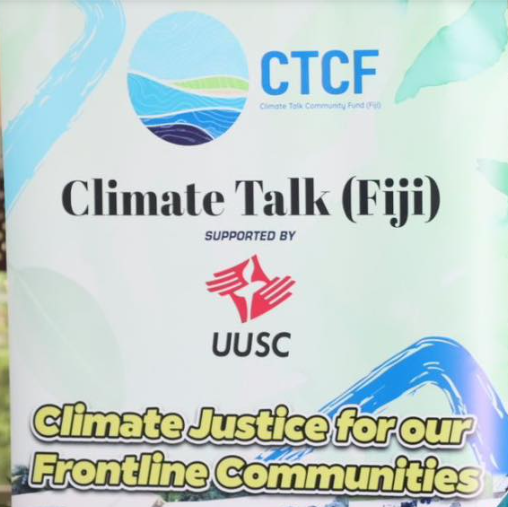FAMILIES in some of Fiji’s most climate-vulnerable communities are still living in tents and unsafe homes years after their villages were declared no-go zones, a new report has revealed.
The report, launched by Climate Talk, highlights the scale of climate-forced displacement and the urgent need for gender-inclusive approaches and recognition of non-economic loss and damage.
“Twenty-three of the participants live in villages and for some of them, they have led their villages through relocation, some are still in tent villages or homes declared to be unsafe in red zones, waiting to relocate to another site,” said Convenor and chair of the board of trustees, Makereta Waqavonovono. The findings stem from the Third Community Representatives Gathering, which brought together 26 women from 18 climate-vulnerable communities.
Discussions centred on including women, persons with disabilities and LGBTQI+ groups in decision-making, and safeguarding traditional knowledge for interpretational learning.
“A group of 11 community climate champions volunteered for the training that would allow them to advocate for their group’s needs,” the report stated.
Participants also called for clearer access to government relocation procedures, primary care training for women during climate emergencies, and safer, more dignified spaces in evacuation centres.
With relocation costs high and government resources limited, the report notes communities continue to rely on international support while adapting under difficult conditions. It says the findings and accompanying video offer a roadmap for inclusive and culturally grounded climate action.



